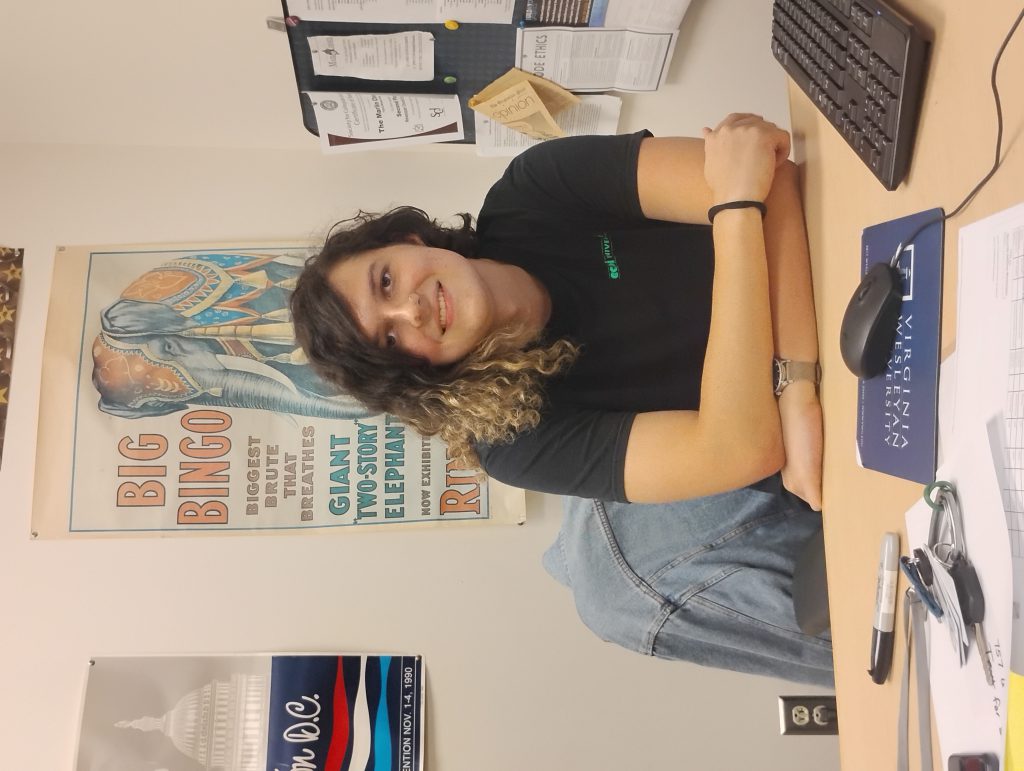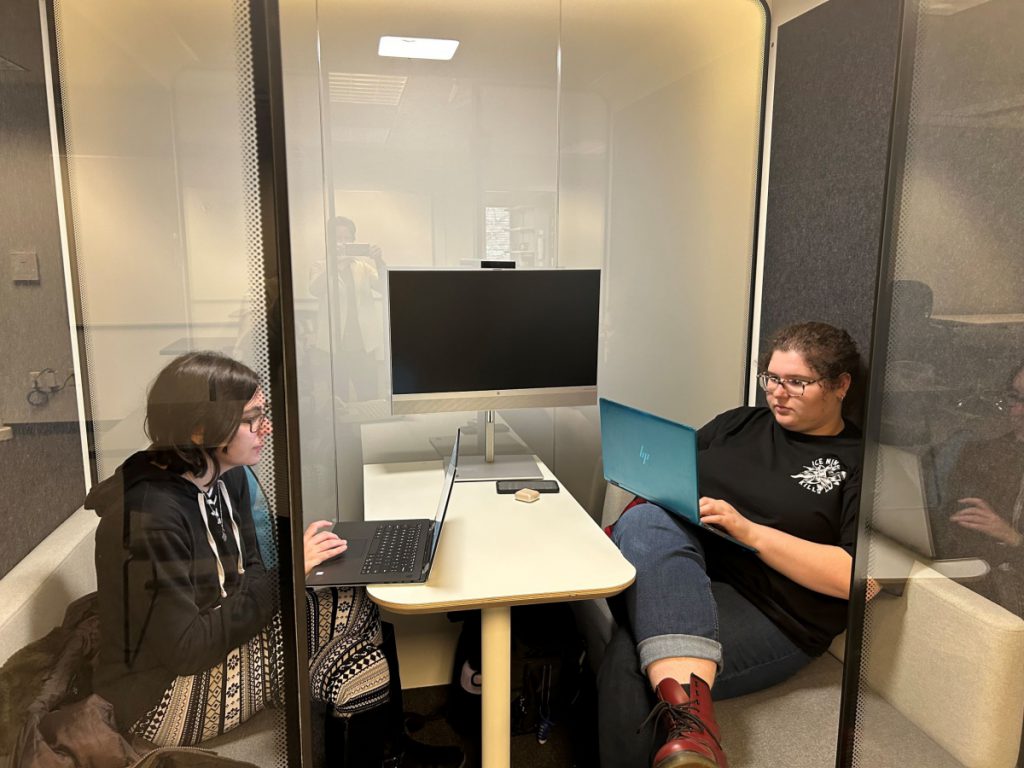Our country has a long history with the topics of race and ethnicity. While we still deal with these struggles, the issues presented have many layers. One topic to discuss is the topic of being biracial and the struggles it may bring. The United States is known as a big mixing bowl of race and ethnicity. Many people identify as African American, Latino, or Asian. However, there are many times where people even identify as more than one race, or a race that differs from their biology. This is what being biracial means. There is a constant battle between people who may not only identify, but are biologically two separate races. In the end, the situation is more complex than one may think.
The U.S. Census website reports that as of 2016, only 2.6% of the citizens in the U.S. identify as two or more races. While surprising, this number is not that far-fetched if people acknowledge they are biologically two races, but only truly connect with one.
According to the Huffington Post, “The majority of multiracial adults, 61 percent, do not self-identify as ‘mixed-race or multiracial.’ Nearly half the adults who did not identify as multiracial said it was because they physically looked more like one particular race, while others said they were raised to think of themselves as a particular race.” As said before, there is a constant fight between how people should be recognized and whether or not people even want to identify with more than one race. I imagine it’s hard to choose and when one specifically identifies with a certain race it can be set in stone. People will turn towards what is most comfortable and will get them the most acceptance. This is not shocking given the history our society has with race.
A huge topic on the biracial subject includes the debates that this topic brings to the table in today’s society. A big issue that is brought up is how others can sometimes limit bicracial individuals biracial strictly to one race. This could be good or bad in some situations as negative assumptions are easily made or people are held to certain expectations. For example, if someone were to be part white and part Latino or African American, then in most cases, being Latino or African American would be the principal or dominant trait. This is just because in society’s point of view, it is being different from the typical white American that attracts attention. It seems that people will gravitate to what is unique. whether in a negative or positive way.
A person may still get treated poorly and deal with racially charged comments in a daily basis. It’s kind of how certain Americans used to be treated in this country during the 19th century. If a person were to have any indication of African American blood within their DNA, they were automatically treated horribly and seen as the minority. While we may have made much progress as a society, there is still judgement and hostility. This is proven time and time again by movements such as Black Lives Matter.
There are also cases in which being biracial can be point blank difficult. While I am not biracial myself, I know people who are. Based on this, there is definitely a divide and a strain within the relationships a person may have with each culture. It can be hard to spread oneself across different identities. It’s easy to imagine how this may be straining to a person and their identity.
It’s crazy to even think that there can easily be judgement wrapped up in race as well. Who’s to say that while someone connects with one side of their identity/family, the other side of their family will not have a set perception of who they can or should be. Either way, there’s always going to be an issue and unfortunately we haven’t reached a solution to rectify this.
In the end, should it matter what race a person should be? A person should be able to freely express who they are and identify with what they want. They should be able to do this without having to worry about any judgement from anyone. In a perfect world, this society would be more accepting. One can only hope that someone who is biracial can peacefully live between two cultures. They should be proud of who they are and so should the rest of society.
Marlyn Silva
mhsilva@vwu.edu


